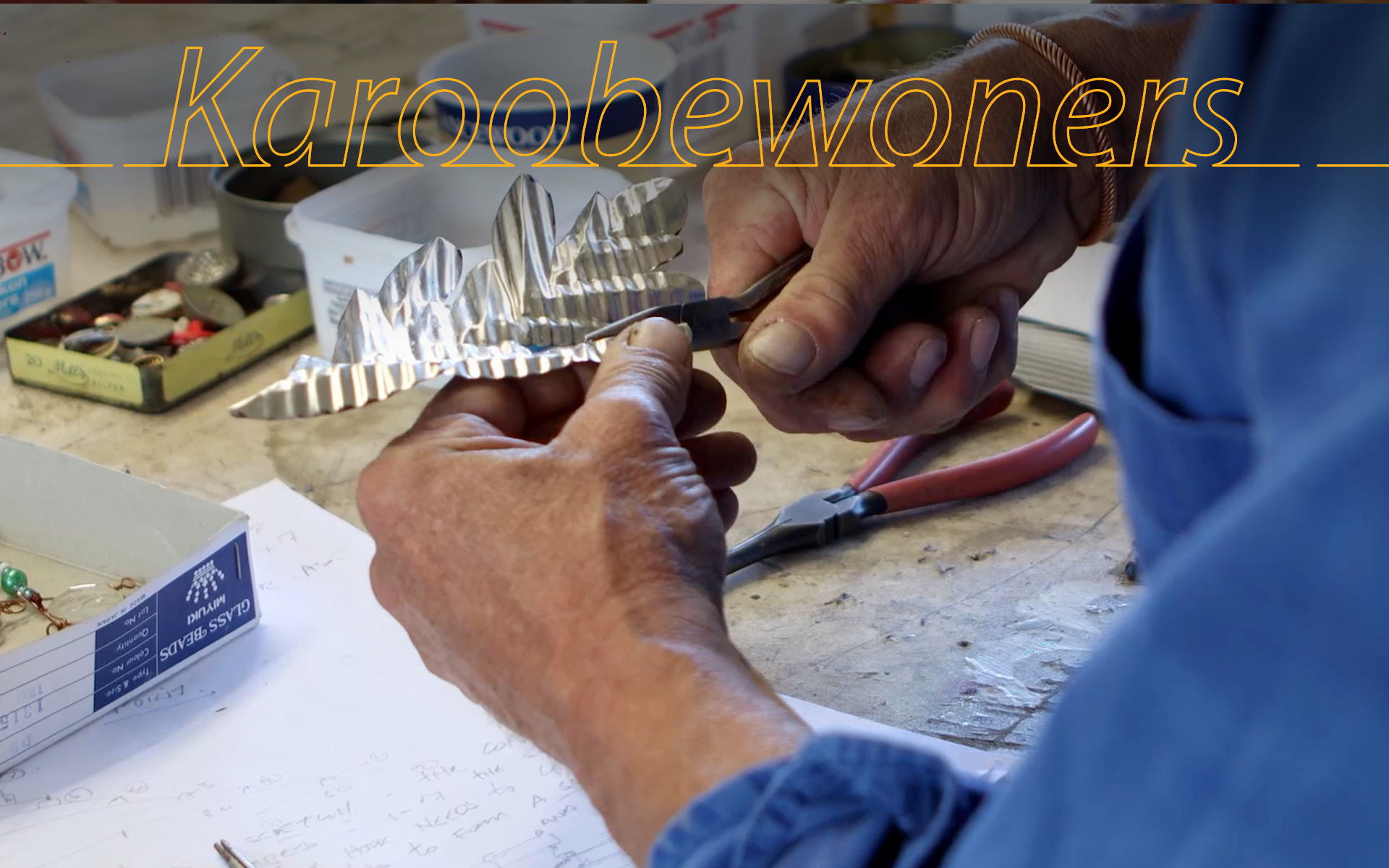On an old farm, far from the big city, a life of change begins anew
Between the towns of Barkly East, Rhodes, and Elliot, on the southern tip of the Drakensberg in the Eastern Cape, there stands a farm called Branksome.
Most people, when you tell them this is the place you call home, will give a blank stare, until you mention that it’s not far from Tiffendell.
“Oh, so that’s where you go skiing?” they will say, suddenly wide-eyed. Well, no.
Branskome farm is the home of Branksome Country House, which is where I live and run the kitchen for guests from afar. I too came here from afar.
I used to work in marketing for a big corporation in the fast-beating heart of Sandton, about 700 kilometres and a world away.
In my daydreams, as I sat in meetings discussing product launches, I would picture the guest house I wanted to open at Branksome, creating a perfect “farm to fork” experience, inspired by the great chefs whose country dining experiences I followed on the cooking channels.
As I climbed the corporate ladder, I longed for the day when I would have earned enough money to head for the mountains and do my own thing. I longed for the day when, finally, I could go back home for good.
I grew up near Branksome, on a farm called Birkhall, which my grandfather bought in 1948. My dad purchased Branksome in 1986, and my mother and I moved there after my dad passed away the following year.
It is a working sheep and cattle farm, and for many years, we rented out the house to fly fishermen and greywing hunters.
To me, this is the most beautiful part of the world.I remember riding horses around here, exploring the countryside, accompanied by a pack of yapping dogs.
I went to Rhodes University in Grahamstown, where I studied politics and psychology. I went to Johannesburg to seek my fortune, planning to stay for four years, not 30.
But my heart was always yearning to go back to Branksome.
And now, here I am.
To be honest, from the start, running a guesthouse in the country wasn’t exactly a dream come true.
The anxiety of cooking for my first event — a 50th birthday celebration for a friend from Grade 1 — had me questioning my sanity.
James had a very special request for his birthday menu. Hamburgers and fries, for 60 people. I hate making hamburgers.
I will make paella, a roast duck with homemade pancakes and pickles, and five different curries with all the sambals, before I make a hamburger.
What was I thinking, leaving a high-powered corporate position to sweat it out in the kitchen, flipping patties with a plea to the culinary gods that they do not crumble?
Over a glass of wine, a friend consoled me. “You’ve got this, girl. You’ve done all this before.”
That was when I began to realise that much of my experience in marketing could be successfully applied to my little business on the edge of the universe.
When planning a marketing campaign in a large organisation, you can draw on the creativity and ingenuity of multiple design and production companies.
On the flipside, you have to accommodate the input from every person in the company who considers themselves a design expert or award-winning copywriter.
But now, managing my own campaign, I am the strategist, the copywriter, the spokesperson, the one who holds all authority to give the final approval.
It is exhilarating and frightening at the same time. Sometimes you are successful. Other times, you will be reduced to tears as you witness seemingly well-thought plans go horribly wrong.
Working in a corporation taught me a lot about picking myself up when everyone is trying to find the scapegoat for the failure of a project.
Many people cite politics as their reason for wanting to exit the corporate ivory towers. Well, they ain’t seen nothing until they are confronted with the petty squabbles that consume the time and energy of small-town inhabitants.
“Your dog bit my dog! You used all the water for your plants!
You broke down a historic wall!”
There are arguments over the measure of rain that fell during the night, whose garden had more snow, or who has more roses this season.
But for me, the benefits of living in a small, largely isolated community far outweigh the arguments. Everyone pulls together in a crisis. Your neighbours are always there to lend a hand.
It could be a runaway veld fire, sparked by a lightning strike or a cigarette thrown into the dry grass. A call will go out on the radios or the WhatsApp groups, and everyone will rush to your aid.
When heavy rains caused flooding and farms were cut off from each other, neighbours swam out to try and get sheep and horses to safety.
There is no pharmacy for more than 200kms, so if you need medicine, anyone going to Aliwal will check to see if there are packages awaiting collection.
My Jack Russell, Cassie, was bitten by a puff-adder. Fortunately, she survived, and allnmy neighbours called to find out how she was.
They were also there when I celebrated my big milestone. Exactly 12 months after fretting over my crumbling hamburgers, I calmly served a three-course meal that would have satisfied Gordon Ramsay.
Our own homemade boerewors, served with fresh tomato relish. Sticky chicken wings on the braai.
A whole sheep cooked in a drum and served with hand-rolled flat breads, tzatziki, hummus, three salads, and crispy roast potatoes. My homemade ice-cream with my mother’s chocolate fudge sauce.
My other world, my other life, my other career, feels further and further away. This is home, where I belong. I think I have got this.

Leave a Reply